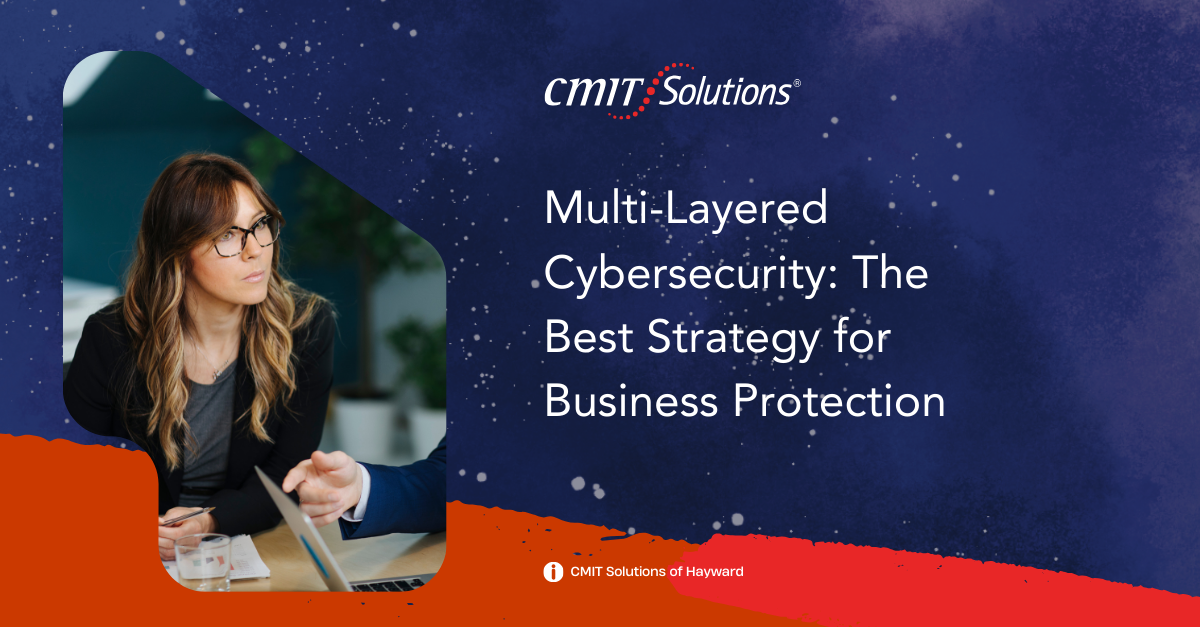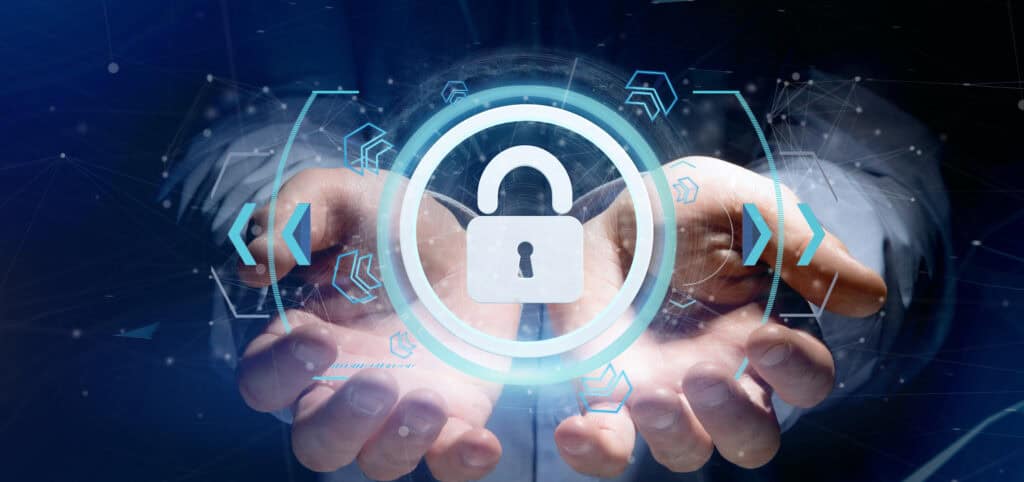As cyber threats become more advanced, businesses must adopt a multi-layered cybersecurity approach to ensure maximum protection against cyberattacks. A single security measure is no longer enough to safeguard business networks, data, and employees. Instead, organizations must integrate multiple security defenses to prevent, detect, and respond to evolving cyber threats.
For companies relying on Outsourced IT Support Hayward, a multi-layered security strategy is critical in protecting against ransomware, phishing, and unauthorized access. This blog will explore the key components of multi-layered cybersecurity and how businesses can implement the best protection strategy.
What is Multi-Layered Cybersecurity?
Multi-layered cybersecurity, also known as defense-in-depth, is an approach that combines several security controls to create overlapping layers of protection. By integrating multiple security measures, businesses minimize risks, reduce vulnerabilities, and strengthen their ability to detect and mitigate cyber threats.
Companies prioritizing Small Business IT Support Hayward can benefit from this strategy by ensuring that no single point of failure compromises the entire network.
Why Businesses Need a Multi-Layered Approach
- Hackers exploit multiple entry points – A single security tool cannot stop all threats.
- Human error is unavoidable – Employees may accidentally click on phishing emails.
- Cyberattacks are evolving – Hackers continuously develop new attack methods.
- Regulatory compliance requires stronger protection – Businesses must meet IT Compliance Hayward standards.
Implementing Cybersecurity Solutions Hayward ensures that businesses stay protected against these evolving threats.
The Key Layers of Cybersecurity Protection
A comprehensive multi-layered cybersecurity strategy consists of various security controls, each designed to defend against different types of cyber threats.
1. Endpoint Security and Device Protection
Endpoints, including desktops, laptops, and mobile devices, are common targets for cyberattacks. Businesses can secure endpoints with:
- Antivirus and anti-malware software
- Multi-Factor Authentication (MFA)
- Regular software updates and patching
Organizations leveraging Endpoint Security Hayward can better defend against malware and unauthorized access attempts.
2. Network Security and Threat Detection
Securing the network is essential in preventing unauthorized access and cyber intrusions. Key security measures include:
- Firewalls and Intrusion Detection Systems (IDS)
- Virtual Private Networks (VPNs) for secure remote access
- Network segmentation to prevent lateral movement
Businesses investing in Network Management Hayward can improve network visibility and security.
3. Data Protection and Secure Backup
Data breaches can result in financial losses, legal issues, and reputational damage. Businesses must ensure data security through:
- Encryption for sensitive files and emails
- Secure cloud storage and access controls
- Regular backups to prevent data loss
Partnering with a Managed IT Provider Hayward helps businesses implement robust Data Protection Hayward strategies.
4. Email and Phishing Protection
Phishing remains one of the most effective attack methods for cybercriminals. Prevent phishing attacks with:
- Advanced email filtering to detect malicious emails
- Security awareness training for employees
- Spam and domain authentication (DMARC, SPF, DKIM)
Organizations relying on IT Support Companies Hayward can implement advanced email security protocols to prevent phishing threats.
5. Identity and Access Management (IAM)
Controlling who can access critical business systems is essential in preventing unauthorized breaches. Implement:
- Role-based access control (RBAC)
- Single sign-on (SSO) authentication
- Strict password management policies
Businesses seeking Managed IT Services Hayward can integrate IAM solutions to strengthen access control measures.
6. Security Awareness Training for Employees
Human error is one of the biggest security risks for businesses. Educating employees on cybersecurity best practices is crucial. Training should cover:
- Recognizing phishing emails and social engineering attacks
- Safe internet browsing habits
- Best practices for handling sensitive data
Regular security awareness programs help businesses align with IT Compliance Hayward standards.
7. Disaster Recovery and Incident Response
Even with strong cybersecurity measures in place, businesses must prepare for cyber incidents. A strong Disaster Recovery Hayward strategy includes:
- Incident response plans to mitigate damage
- Regular data backups and system recovery solutions
- Testing and simulation of cyberattack scenarios
Businesses investing in Cloud Services Hayward can implement disaster recovery solutions that ensure quick restoration of operations.
How Managed IT Services Strengthen Multi-Layered Cybersecurity
Small businesses often lack the resources to maintain a fully integrated security strategy. Working with a Managed IT Service Provider Hayward provides expert guidance and continuous monitoring to enhance cybersecurity defenses. Key benefits include:
- Real-time threat detection and response
- Advanced firewall and network security solutions
- Proactive system patching and software updates
- Cloud security integration for remote work environments
Businesses implementing Hayward Managed IT Support experience stronger protection against cyber threats while ensuring compliance with industry standards.
Conclusion: A Multi-Layered Approach is the Best Defense
Cyber threats are becoming more sophisticated, and businesses must take proactive steps to protect their IT infrastructure. A multi-layered cybersecurity strategy ensures that security gaps are minimized and that businesses can effectively respond to cyberattacks.
For organizations looking for IT Support in Hayward Beach or Remote IT Support Hayward, adopting a multi-layered security model is the best way to protect against evolving threats.
By integrating Cloud Backup Hayward and VoIP Services Hayward, businesses can enhance their security while improving operational efficiency.
Taking action today ensures that small businesses remain secure, compliant, and resilient in an increasingly digital world.






